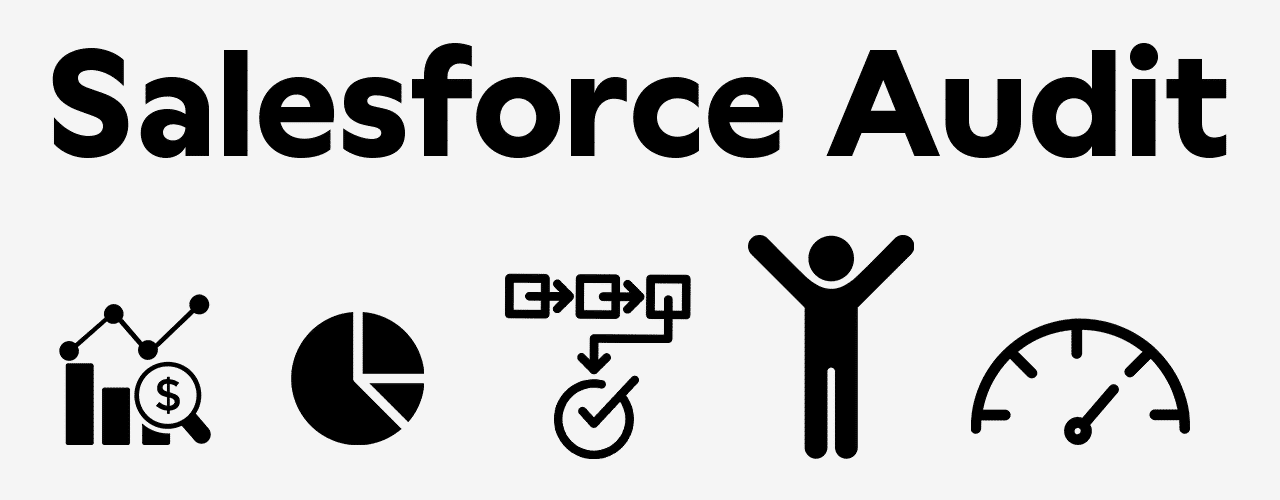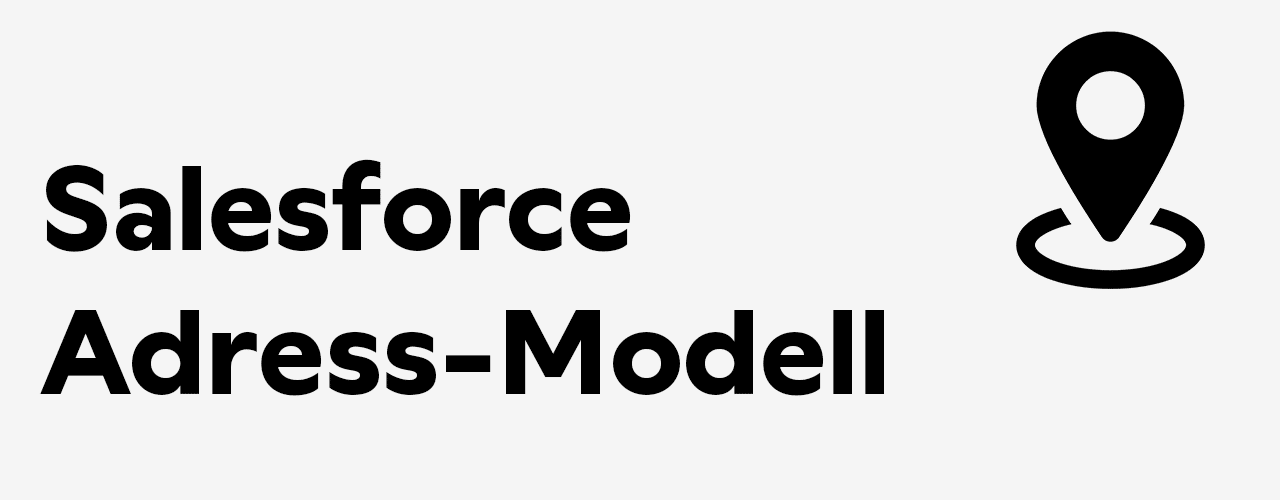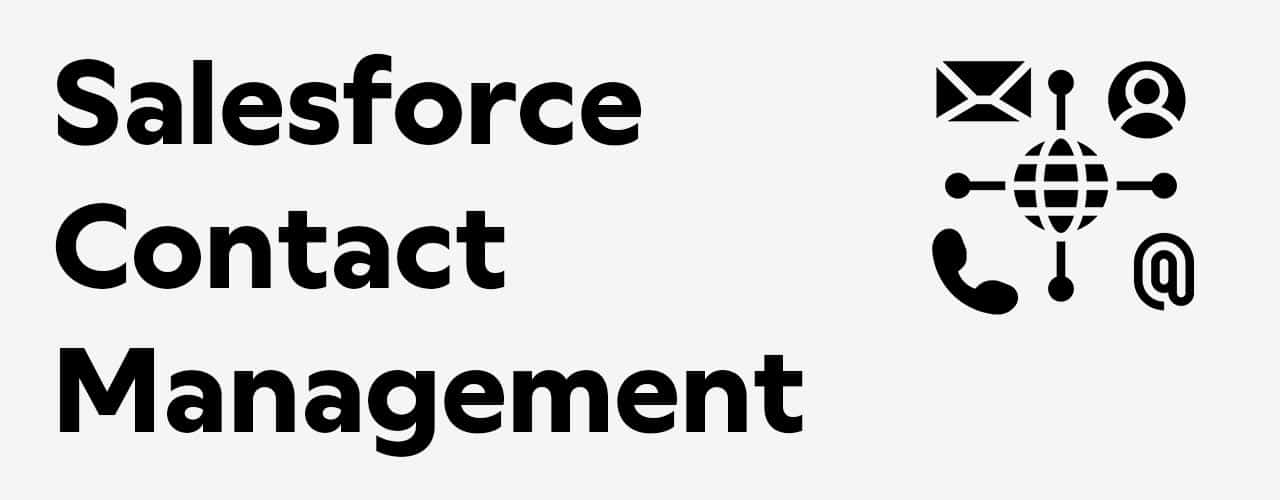It is worthwhile to continuously maintain, optimize and expand your own Salesforce implementation in order to generate the greatest possible benefit and also to maximize your profit from the investments made and the recurring license costs.
In many companies this is unfortunately often forgotten. While a budget was available for the initial project, the money for the sustainable maintenance and optimization of the Salesforce platform is often scarce or non-existent afterwards. After all, the running license costs are already a relevant cost item. But if you can’t meet the new or changed business requirements over the years, or can’t meet them satisfactorily and don’t perform the system maintenance, you run the risk that the quality will steadily decrease and eventually user acceptance will be lost.
It starts a downward movement, slowly but surely, but continuously, to the point where the sense of the Salesforce implementation (and this is also true for other application platforms) is openly discussed internally. And sometimes there’s someone sitting at the table who thinks System XY would be much better suited for the job anyway. And there it is, the Salesforce replacement project for a new budget is born.
For this reason it is extremely relevant to think about the “time after” already in the implementation project. How do we ensure that we benefit from the ongoing innovations in Salesforce, that data quality remains high, and that processes are adhered to? How do we develop internally the necessary know-how to execute as much as possible independently? How do we train our colleagues to work with Salesforce as efficiently as possible, including those who will only start working with us next month?
With what budget can we launch our implementation partners from time to time to make more complex adjustments and optimizations for us? And how do we establish a CRM culture that is supported across all levels and always keeps the customer in mind? All these questions are extremely relevant and ideally flow into a Salesforce operational concept.
This downward spiral can be stopped and reversed. An independent and non-binding Salesforce Audit offers an external 360-degree view of the implementation with subsequent concrete recommendations for action. In advance, it is possible to discuss which topics should be in scope and which should be out of scope. However, what should never be the case with an audit: It should not be about getting the implementation partner in the pan and hearing that it is better to switch to the partner who is doing the audit (or often also called Health Check). Rather, it should be a neutral approach that takes into account the general conditions of the project or the maturity of the project personnel involved. In this way, recommendations for action can be conveyed at the end of the project, which can be discussed with the implementation partner either independently (or even better in the presence of the audit service provider) and incorporated into an optimization process.
André Ryf
André Ryf is Salesforce consultant, trainer and coach and owner of squiis, your personal Salesforce Partner.
If you have any questions about Salesforce, please contact us. We are there for you in Zurich, Basel, Bern, St. Gallen and all other cities in Switzerland 🙂
Internal Link: Salesforce Audit
Disclaimer: The English version of this blog post is an automated translation based on the original German version.





